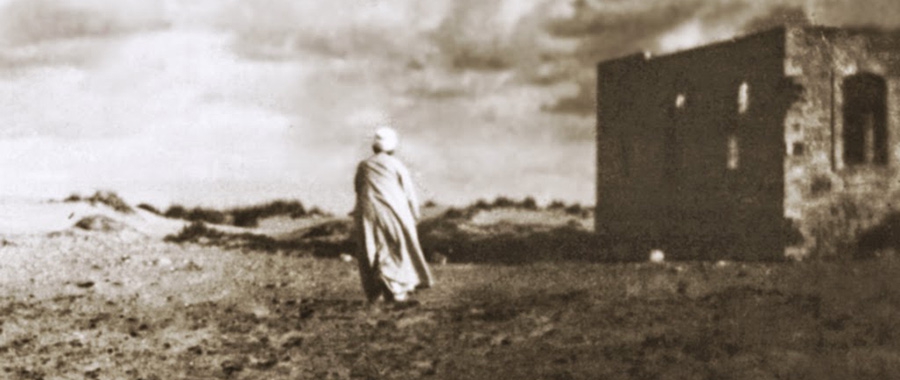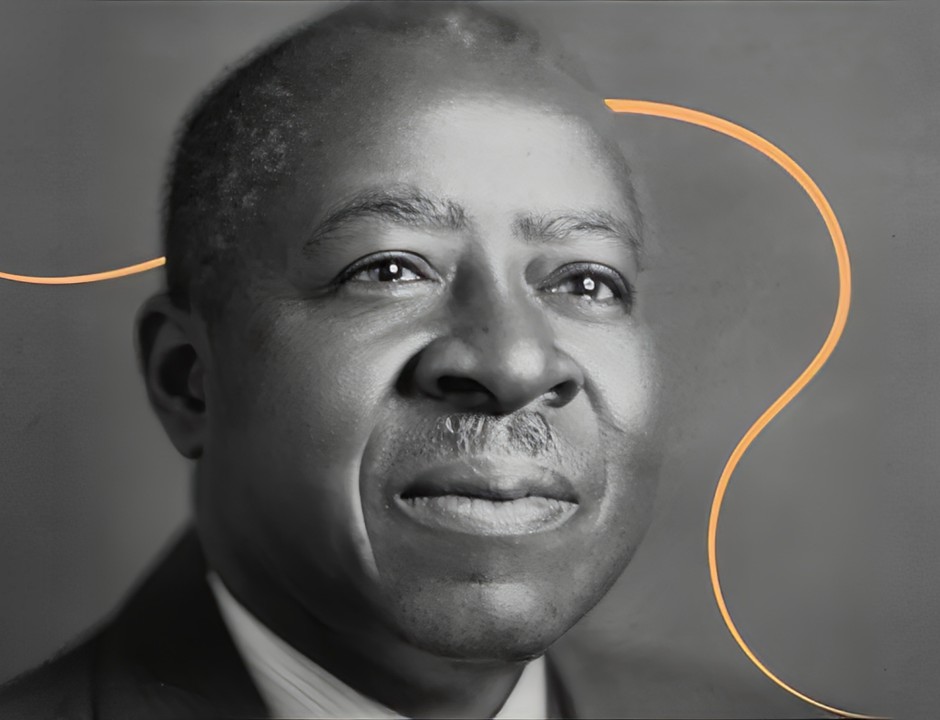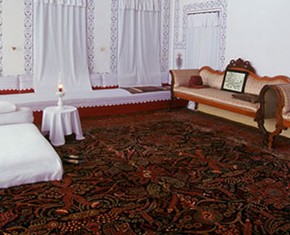The views expressed in our content reflect individual perspectives and do not represent the authoritative views of the Baha'i Faith.
Abdu’l-Baha didn’t just deliver the Baha’i message to the world—he lived it.
This eyewitness description of the Baha’i exemplar’s daily life will give you some idea of what that profound life involved:
On feast days [Abdu’l-Baha] visits the poor at their homes. He chats with them, inquires into their health and comfort, mentions by name those who are absent, and leaves gifts for all.
Nor is it the beggars only that he remembers. Those respectable poor who cannot beg, but must suffer in silence—those whose daily labor will not support their families—to these he sends bread secretly. His left hand knoweth not what his right hand doeth.
All the people know him and love him—the rich and the poor, the young and the old—even the babe leaping in its mother’s arms. If he hears of any one sick in the city—Muslim or Christian, or of any other sect, it matters not—he is each day at their bedside, or sends a trusty messenger. If a physician is needed, and the patient poor, he brings or sends one, and also the necessary medicine. If he finds a leaking roof or a broken window menacing health, he summons a workman, and waits himself to see the breach repaired. If any one is in trouble,—if a son or a brother is thrown into prison, or he is threatened at law, or falls into any difficulty too heavy for him,—it is to the Master that he straightway makes appeal for counsel or for aid. Indeed, for counsel all come to him, rich as well as poor. He is the kind father of all the people ….
For more than thirty-four years this man has been a prisoner at Akka. But his jailors have become his friends. The governor of the city, the commander of the Army Corps, respect and honor him as though he were their brother. No man’s opinion or recommendation has greater weight with them. He is the beloved of all the city, high and low. And how could it be otherwise? For to this man it is the law, as it was to Jesus of Nazareth, to do good to those who injure him. Have we yet heard of any one in lands which boast the name of Christ who lived that life? …
This Master is as simple as his soul is great. He claims nothing for himself—neither comfort, nor honor, nor repose. Three or four hours of sleep suffice him; all the remainder of his time and all his strength are given to the succor of those who suffer, in spirit or in body. “I am,” he says, “the servant of God.” Such is Abbas Effendi, the Master of Akka. – Myron H. Phelps, The Master in Akka, pp. 8, 10.
Palestine became a British protectorate in the years immediately following the war. Many British soldiers and statesmen came to visit Abdu’l-Baha during this time, and several left memorable accounts of these occasions. Abdu’l-Baha was quickly recognized as one of the leading figures of the region, and his character and teachings were deeply admired. Moreover, the British came to learn of his humanitarian efforts during the war, which had benefited countless souls without regard to race, creed, or class. In 1920 the British government, in recognition of these services to humanity, invested Abdu’l-Baha with the insignia of the Knighthood of the British Empire. Abdu’l-Baha graciously accepted the honor but never used the title.
By this time Abdu’l-Baha’s days on Earth were rapidly coming to a close. Although his natural constitution was quite strong and resilient, years of suffering and trials were rapidly taking their toll. He passed away in the early morning hours of November 28, 1921.
The passing of Abdu’l-Baha had the same effect on the Baha’is at that time as the death of his father Baha’u’llah had nearly three decades before. They were plunged into grief.
They were not alone. Expressions of grief and condolence poured in from friends and admirers throughout the Middle East and Europe. Throngs of people of every class and background attended his funeral. Eulogies, poems, and tributes were offered by leaders of all of the chief religions in Palestine—Jewish, Christian, and Muslim. State officials attended and expressed their sorrow. They were joined by countless souls from every walk of life, who had forever lost their friend and faithful protector.
















Comments
Sign in or create an account
Continue with Googleor